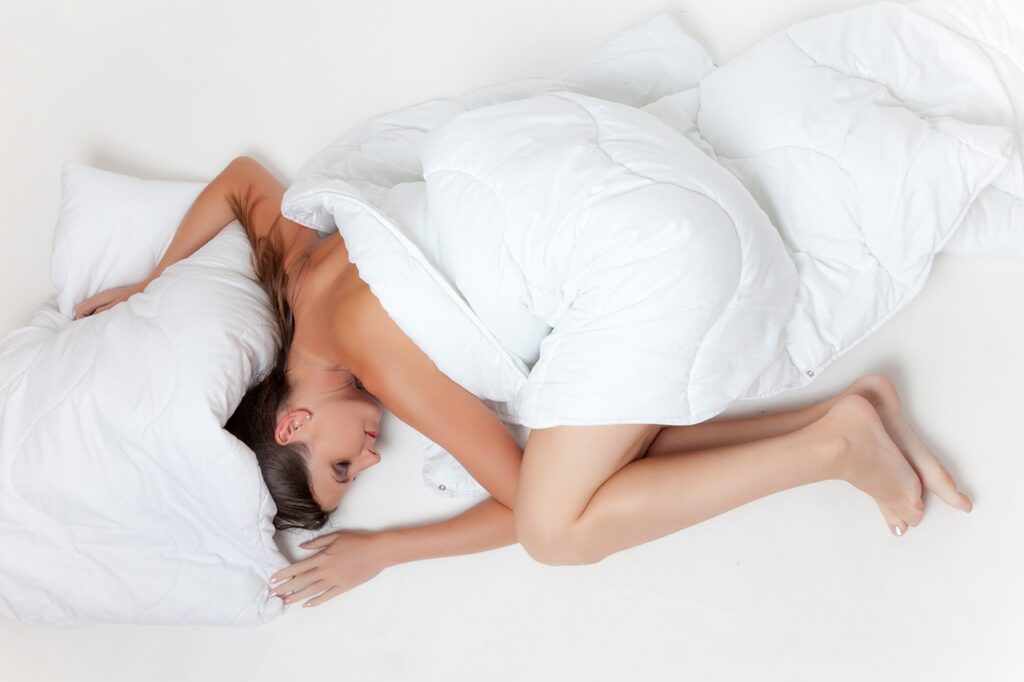During menopause, hormonal changes can often disrupt sleep patterns and lead to insomnia or poor sleep quality. While it’s always recommended to consult with a healthcare professional before starting any new supplements, here are a few options that are commonly used to support better sleep during menopause:
1. Melatonin: Melatonin is a hormone that helps regulate the sleep-wake cycle. Taking melatonin as a supplement can be particularly beneficial for women experiencing sleep disturbances during menopause. It can help improve sleep onset and quality. Start with a low dose (around 0.5 to 1 mg) and increase gradually if needed.
2. Magnesium: Magnesium is known for its relaxation properties and may help improve sleep quality. It can also help alleviate muscle cramps and reduce anxiety, which can contribute to sleep problems. Aim for a dosage of around 400-500 mg of magnesium citrate or glycinate before bedtime.
3. Valerian root: Valerian root is a herbal supplement that has been traditionally used to promote relaxation and improve sleep. It may help with insomnia and reduce the time it takes to fall asleep. Take valerian root in capsule or tincture form according to the manufacturer’s instructions.
4. Black cohosh: Black cohosh is an herb commonly used to manage menopause symptoms, including sleep disturbances. It may help reduce hot flashes and improve sleep quality. Follow the recommended dosage instructions on the product label.
5. L-theanine: L-theanine is an amino acid found in green tea that promotes relaxation without causing drowsiness. It can help reduce anxiety and improve sleep quality. Consider taking 100-200 mg of L-theanine before bedtime.
6. CBD oil: Cannabidiol (CBD) oil is derived from the cannabis plant but doesn’t cause psychoactive effects. It has been reported to have calming and sleep-promoting properties. Start with a low dose and gradually increase if needed, following the instructions provided by the manufacturer.
Remember, it’s important to discuss any new supplements with your healthcare provider, especially if you have any underlying health conditions or are taking other medications, to ensure they are safe and suitable for you. Additionally, maintaining good sleep hygiene practices, such as creating a comfortable sleep environment, sticking to a regular sleep schedule, and practicing relaxation techniques, can also greatly contribute to better sleep during menopause.
